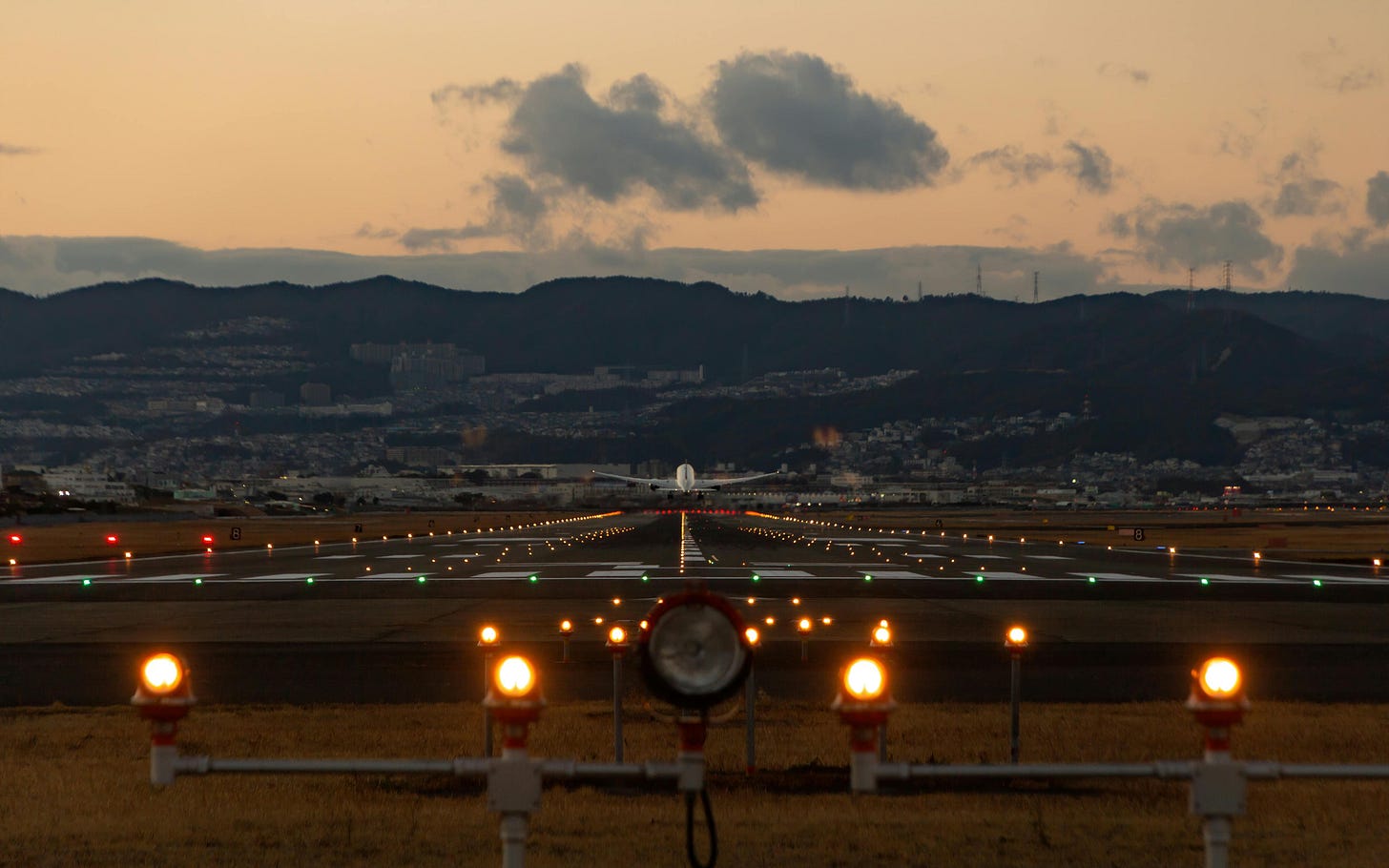Think global, make local: CirculAIRity's vision for Sustainable Aviation Fuel
Bristol-based synthetic fuels company has signed a letter of intent with Rolls-Royce to create a strategic national capability for civil and military aviation.
Bristol-based synthetic fuels company CirculAIRity has signed a letter of intent with aerospace, automotive and engineering giant Rolls-Royce, progressing its mission to address the Sustainable Aviation Fuel (SAF) supply challenge.
This partnership aims to leverage Rolls-Royce's technology, particularly its plans for nuclear Small Modular Reactors (SMRs), alongside CirculAIRity's synthetic fuels to create a strategic national capability for civil and military aviation.
At the core of CirculAIRity's strategy is being energy source agnostic – one such example is a novel approach to using nuclear waste heat to produce hydrogen and SAF. Nuclear energy has gained notable advocates in the aviation industry, including Emirates CEO Sir Tim Clark, who has proposed building SMRs along the coasts of Australia and the UK to generate green hydrogen as a feedstock for synthetic fuels.
"With any nuclear power station, regardless of its scale, the majority of the energy leaving the site is heat," explains CirculAIRity CEO Alex Chikhani. "This is why large nuclear power stations are usually coastal, as the sea acts as a heat sink."
CirculAIRity wants to build upon Rolls-Royce's grid transition strategy by enabling the energy transition of aviation through the waste heat of their SMRs to produce SAF. Their innovation involves integrating, at scale, the entire supply chain, providing energy security and sovereignty at a critical time for the global energy transition.
A radical shift from global supply chains
When we spoke to e-fuels company HIF Global, they outlined a vision to produce fuels in locations like Chile, where renewable energy is cheap and abundant and ship them to ‘demand centres’ around the world. This chimes in with Lufthansa CEO Carsten Spohr’s view, who believes that SAF will be imported into Germany like fossil fuels are today.
Chikhani, however, suggests that this approach overlooks the environmental impact of fuel transportation, and the goal should be to reduce scope 2 and 3 emissions to zero.
CirculAIRity will produce SAFs that are as close to the aircraft as possible, enabling the sector to adopt a local consumption mandate to limit supply chain emissions.
Drawing from his military background, Chikhani explains: "Given my experience as a logistics and supply chain officer in the Royal Air Force, producing green energy and then shipping it across the globe raises questions about the lifecycle analysis of that transport method. Currently, ships primarily run on fossil fuels."
Chikhani also references European regulations to support his view: "The European ReFuel program stipulates that SAF is not considered SAF unless produced within the EU. Therefore, producing green fuel and then transporting it globally using fossil fuels is counterproductive."
Future plans
This perspective has shaped CirculAIRity's expansion plans.
The company aims to have its first UK plant operational by 2030, with a capacity to produce 80 million litres of SAF annually, and planning for at least 2 more plants already in progress. Within a decade, they aim to have 5 plants fully operational, producing fuel close to where it’s actually needed.
The timing of CirculAIRity's approach is particularly relevant given recent industry struggles. "In our estimation, 11 SAF projects failed or were cancelled last year, amounting to $5.4 billion in failed capital investment," Chikhani notes. "Infrastructure should not have such a high failure rate." CirculAIRity aims to solve this by de-risking capital investment and enabling a scaled solution.

CirculAIRity's focus on local third-generation synthetic fuel production as a development partner has garnered international interest. "We're already working with a good number of countries that have come to us to say, well, if we were to migrate essentially to a bio-SAF sector, that is just the same for our economy as importing fuel.”
Despite current challenges, Chikhani remains optimistic about the future of sustainable aviation. "I believe humanity cannot ignore greener options for much longer, especially given the greenest solutions are emerging within our grasp," he says.
While CirculAIRity advocates for increased investment in sustainable hydrogen production and renewables, their vision goes beyond combining these technologies.
By closing the carbon cycle through local production and nuclear innovation, they're proposing a shift in aviation's energy future – one where fuel is produced where it's needed, using technology that's available today.
For an industry traditionally dependent on global supply chains, this represents a novel and different approach to achieving aviation's sustainability goals.
For February 2025, we’re pleased to feature 4AIR as our exclusive Sponsor of the Month. 4AIR is leading the way with the industry’s first framework to address aviation’s climate impact – offering clear, verifiable pathways to reduce and counteract emissions. Discover their services, including compliance monitoring and The Assure SAF Registry, to advance your sustainability efforts.


